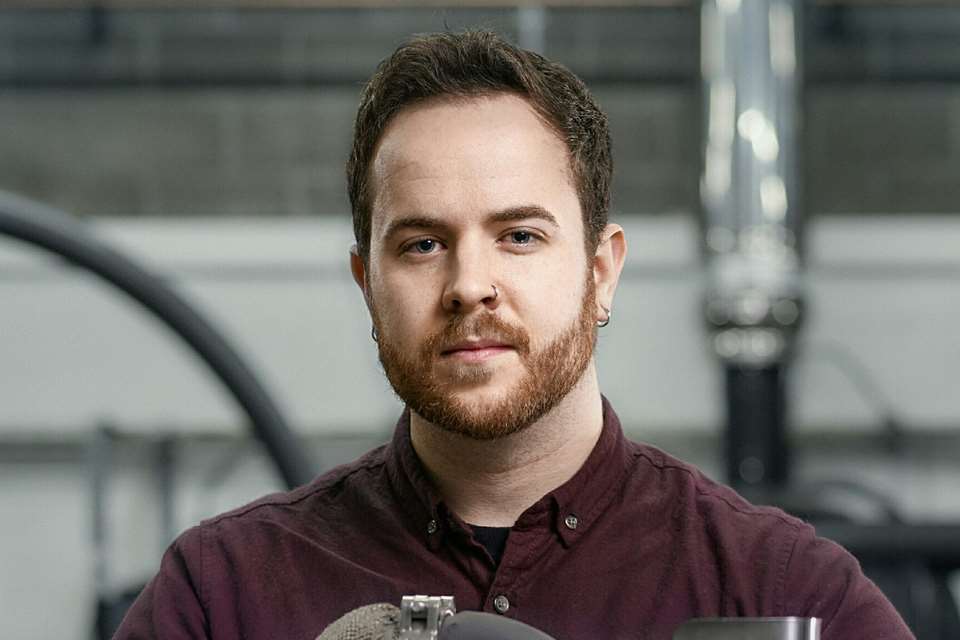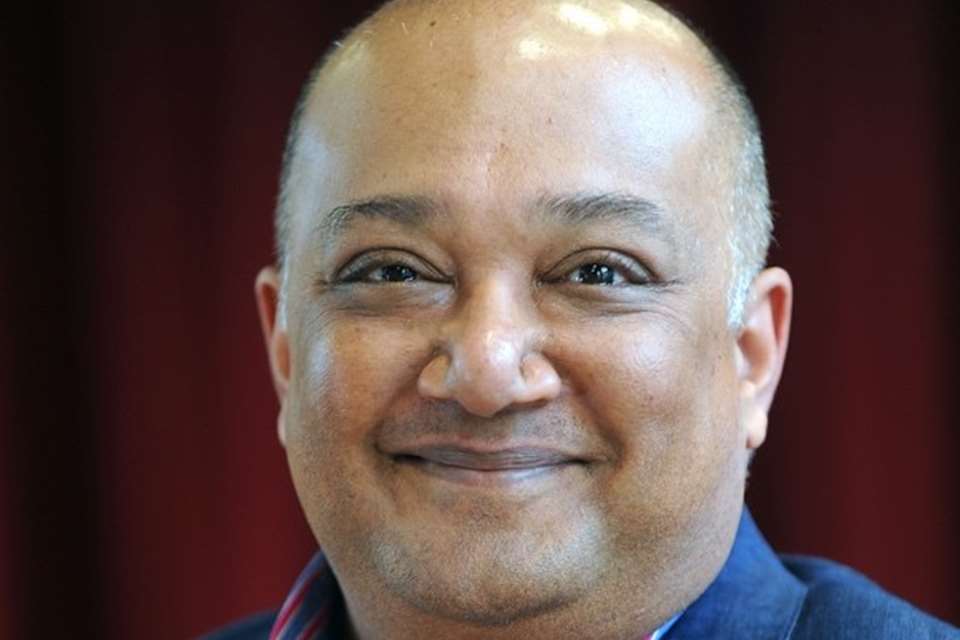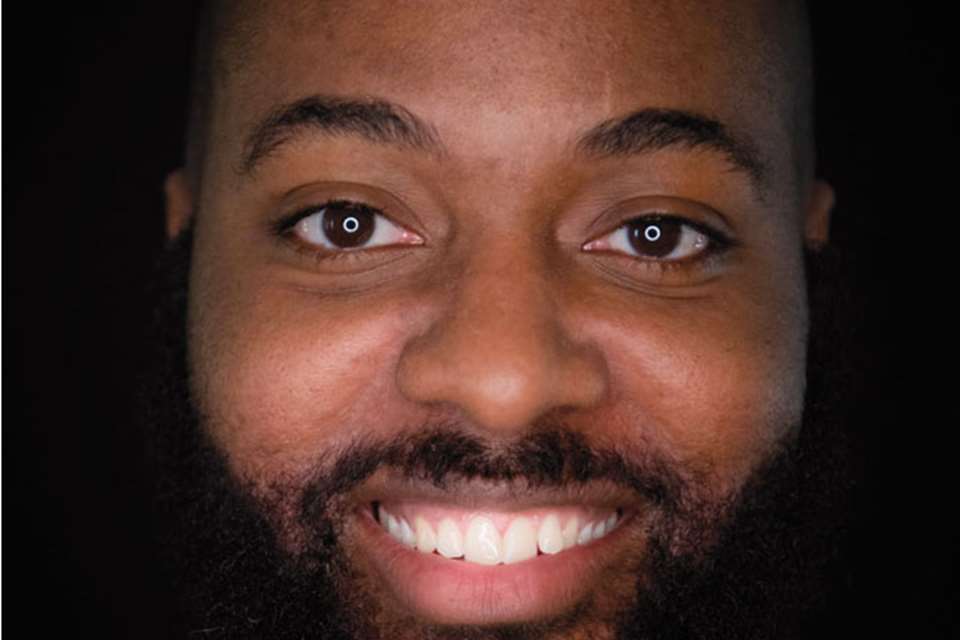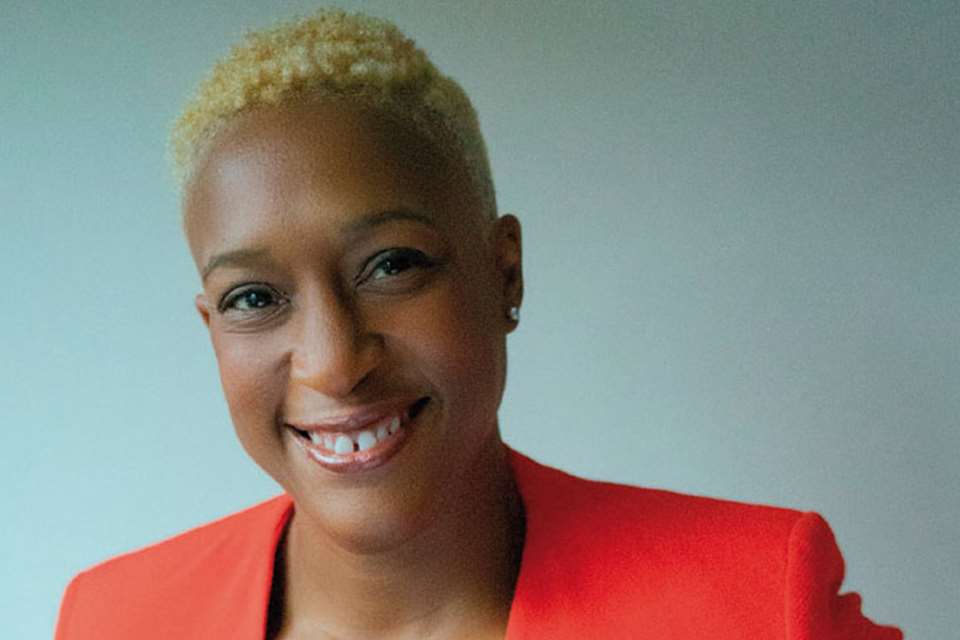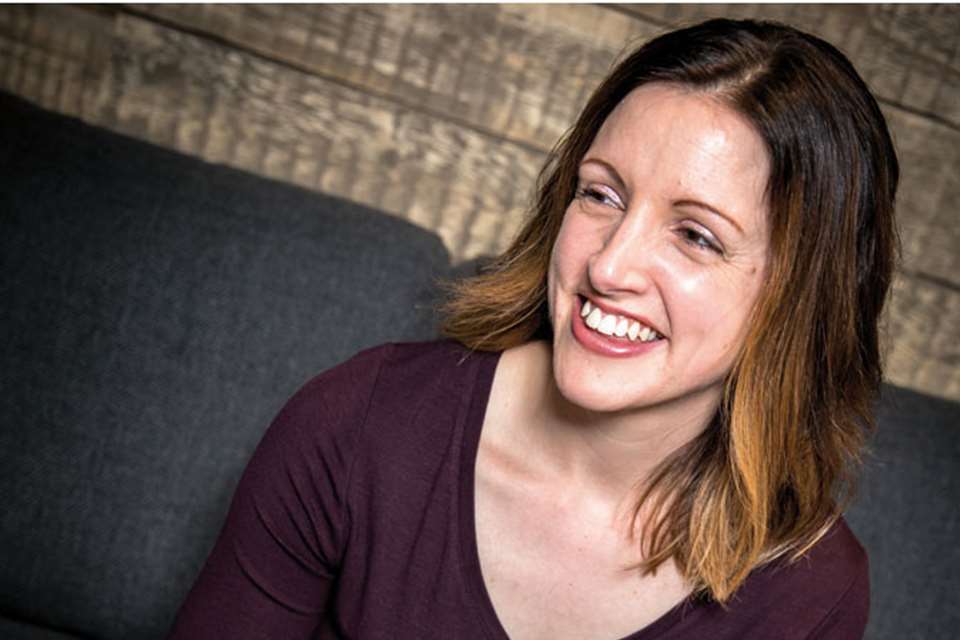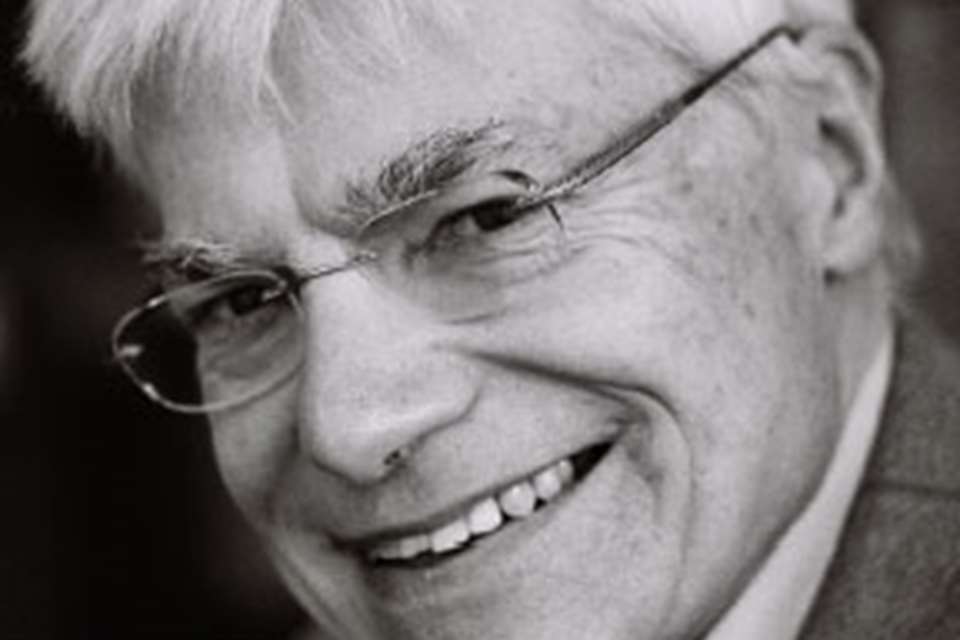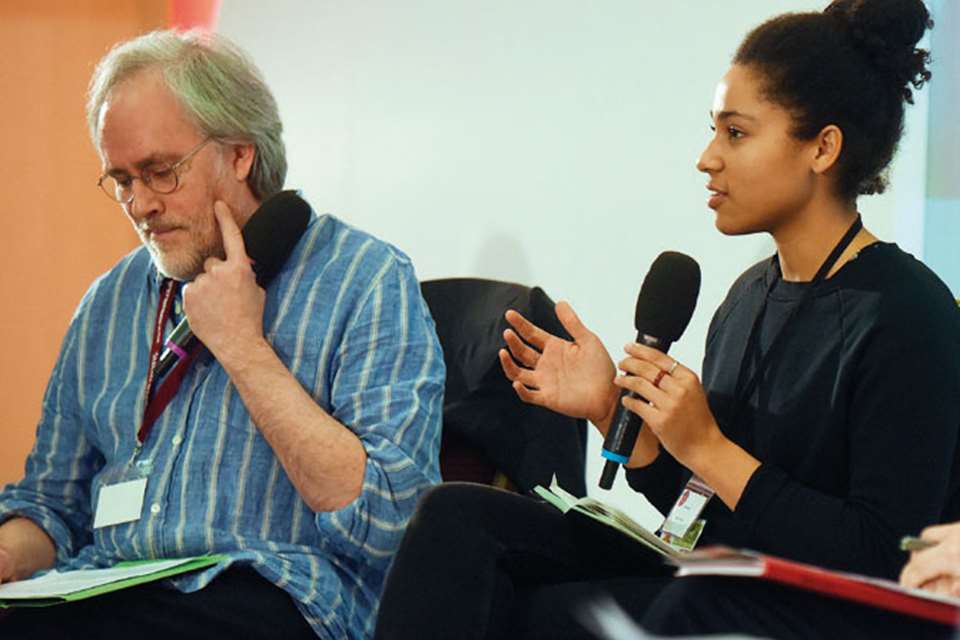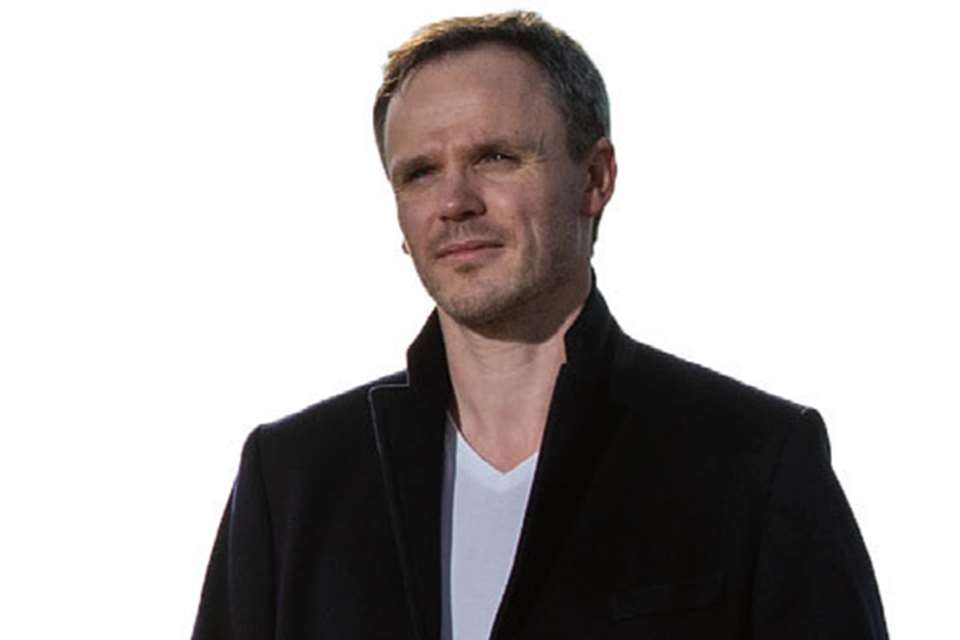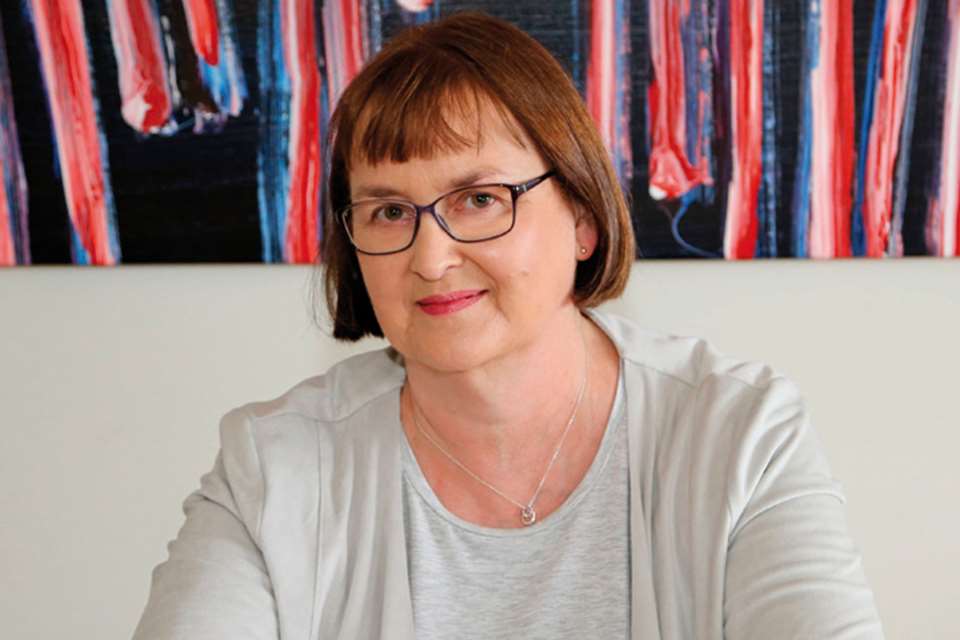Q&A: Maria Thomas
Hattie Fisk
Wednesday, December 1, 2021
Founder and artistic director of the Music Workshop Company, Maria Thomas, also lectures at the University of Hertfordshire, and is head of the Hertfordshire Cultural Education Partnership (HCEP). Hattie Fisk catches up with her
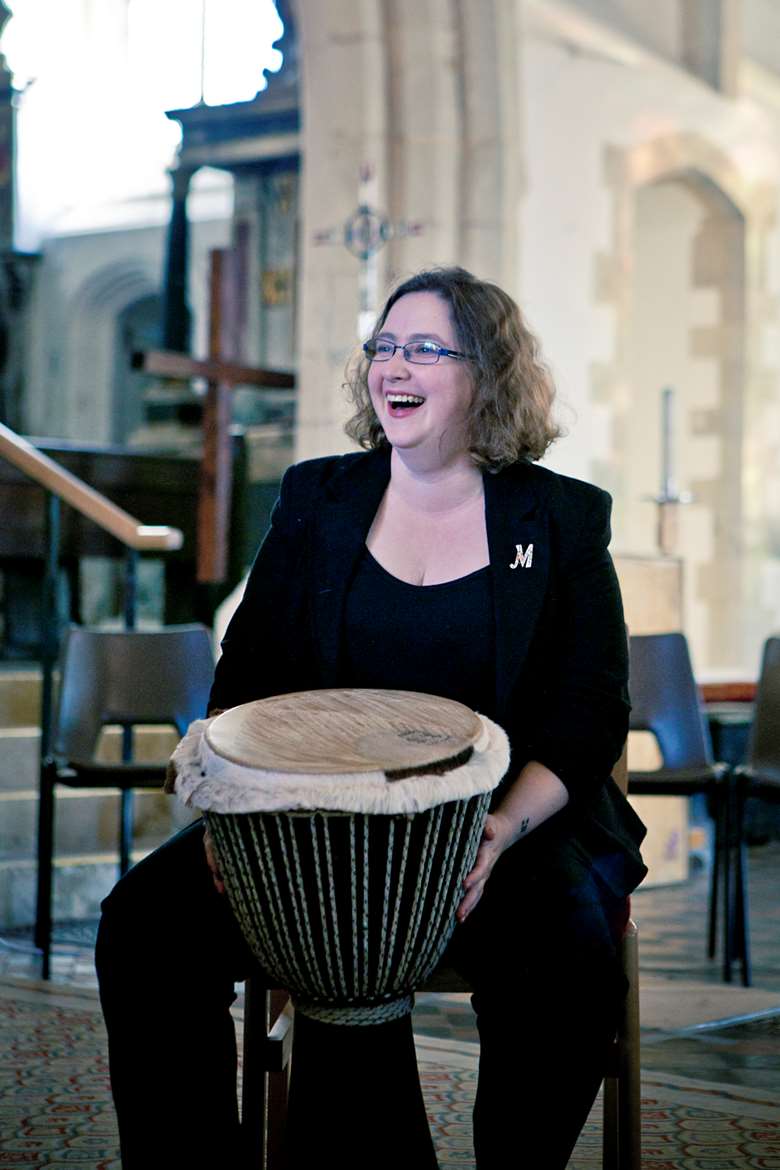
HF: What sparked your interest in music workshops?
MT: I started playing musical instruments at a very young age – my parents are keen amateur musicians and were music teachers before they retired. I had a fantastic set of lessons through Redbridge Music Service and various other outlets, and I went on to study oboe at what was then Trinity College of Music, and what is now Trinity Laban. We had a module on workshop skills by senior lecturer Kate Buchanan, and that really opened my eyes to what workshops could do and gave me the opportunity to gain experience.
HF: What was the motivation behind starting the Music Workshop Company?
MT: I had this idea for the Music Workshop Company, even though I knew nothing about running my own business at the time. I knew teachers wanted workshops and I knew loads of amazing musicians offering workshops, but they didn't always know how to talk to each other or connect. I set up to build that bridge.
HF: What do you think makes music workshops so effective in schools?
MT: We tend to do one-off workshops with schools, so for the young people we work with it is something new and exciting and, in most cases, they are immediately interested. It gives students a taster of something they might want to go on and do later, and it can be a great resource for schools as well. Teachers can learn from the sessions too and pick up little things that they can implement in the classroom. I think workshops are a great way to introduce young people to a range of different elements of music.
HF: What is your biggest tip for running a workshop?
MT: You need to have a toolkit of ideas, as however much you prepare with the school or teacher, something unavoidable and unexpected might happen. You need to be flexible – enter with a solid plan, but have a couple of options in your back pocket so you can change tactic if something doesn't quite connect with a certain group. It could be that you are suddenly in a smaller room, or you have to be quieter than anticipated. Flexibility is a key part of workshop making.
HF: What does your How to… Become a Music Workshop Leader resource with the ISM offer?
MT: I think lots of musicians have immense talent and a variety of different skills, but sometimes the behind-the-scenes part – the organisation and the business side of the job – can be a bit of a challenge. Although there is lots of advice on how to run workshops in the resource, there is also lots of advice on how to organise it, and the questions you need to ask the school/teacher as well. So, it's both sides: the practical ‘being in the room’ part, but also the bits to do before.
HF: What is one element of music education you would like to push further?
MT: As I teach on a Music Industry Management course, I am keen to promote the fact that there are a range of things you can do in the music industry. You don't have to be a musician – a lot of students just love music and then go to work in marketing or artist management. At Trinity, I studied teaching skills, workshop skills, improvisation, Kodály, music management, music therapy and more, which gave me a really good grounding to then go into different areas of the music industry. I think that is a really important element of music education; I try to do this as much as I can with my students – in 2015 I moved from the Business school at the University of Hertfordshire to the Music department, where I currently teach students about entrepreneurship and how to run their own business.
To arrange a workshop with your school or find out more about the Music Workshop Company, visit www.music-workshop.co.uk
To watch a free webinar with Maria Thomas on how to become a music workshop leader, visit www.ism.org/professional-development/webinars/workshop-leader


